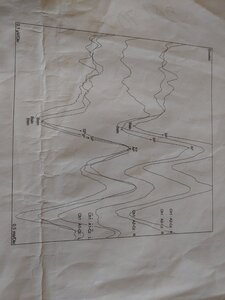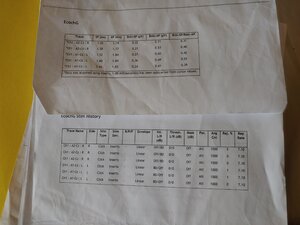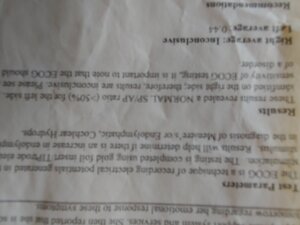G
GoatSheep
Guest
Maybe the CD player thing had to do with hyperacusis improving? Background noise like the hum of a refrigerator seemed on par with speech when my loudness hyperacusis was really bad (Loudness has gotten largely better, but I now have pain...but I've been on Clonazepam for months now so who knows if I stop taking it the hyperacusis could return to previous levels...scary).It is completely random. The other weird thing was that early on (first 3 months) if i played a CD, I could actually hear the sound of the CD player reading a disc louder than the music about half the time (depended on the music). No one else could hear it at all, either. That actually eventually disappeared and i don't hear that anymore.
Along the same lines of complexity that you mentioned before... Perhaps where various instruments occupy swathes of the same frequencies you're having some type of issue with picking out things occupying the same frequency space. That would possibly relate to your ability to then hear them when the instrument is isolated.

 Member
Member


 I'm only 21...
I'm only 21...